“Three hours is too long.”
“Show me I’m asleep.”
“Looking doze, I withdrew halfway.”
“It is recommended to watch a five-minute film explanation video on the Internet.”
It is hard to imagine that these bad reviews will appear under the film “The Lord of the Rings”, which has won numerous praises, won more than 20 Oscar nominations, and won the Golden Man 17 times.
 (Scene from the movie “The Lord of the Rings”)
(Scene from the movie “The Lord of the Rings”)
“The Lord of the Rings” was re-screened recently, but there was a spectacle in the ratings: when the movie was released, the Maoyan rating was actually lower than the Douban rating, and now the ratings of the two platforms have been even. You know, the cat’s eye score of movies has always been much higher than the Douban score. Take the movie “Detective Conan: Scarlet Bullet”, which was released at the same time and also had the same sentimental bonus, which scored 8.5 on Cat’s Eye and only 6.0 on Douban.
The audience complains most about the length of the movie. Some netizens even said: “I saw a movie for the first time in my life and saw half of it left the cinema.”
 (Screenshot from Maoyan’s short comment)
(Screenshot from Maoyan’s short comment)
Today’s sorrowful scene is in sharp contrast with the popularity of The Lord of the Rings when it was released in mainland China.
In 2004, many theaters launched three consecutive screenings of “The Lord of the Rings”, and even the “Lord of the Rings Series Super Endurance Challenge” appeared. The Dada band reorganized in 2020 will serve as the “Star Patrol” of the game, specifically looking for fans who are sleeping in the middle.
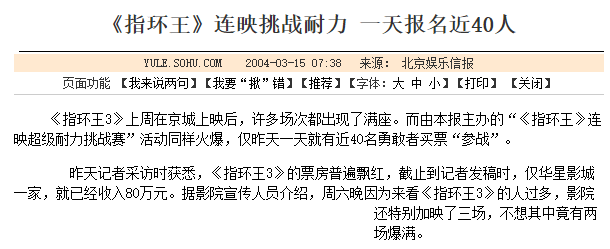 (The screenshot of the news at the time was from Sohu Entertainment)
(The screenshot of the news at the time was from Sohu Entertainment)
Over the past 17 years, the box office of China’s film industry has exceeded 1.5 billion yuan in 2014 to 20 billion in the first quarter of 2021. There is no doubt that the film industry is booming. But from the time when countless fans became addicted to “Lord of the Rings” to the “smelly and long” one-star complaint, we seem to have become increasingly unacceptable to long-term movies. Observing the people around you can even find that we have become less and less able to see what needs to be paid attention to for a long time. What makes us so “impatient”?
Internet products represented by short videos are eating people’s attention
In restaurants, subways, buses, and even at home, you can see people around you following the short video “hahaha” on your phone.
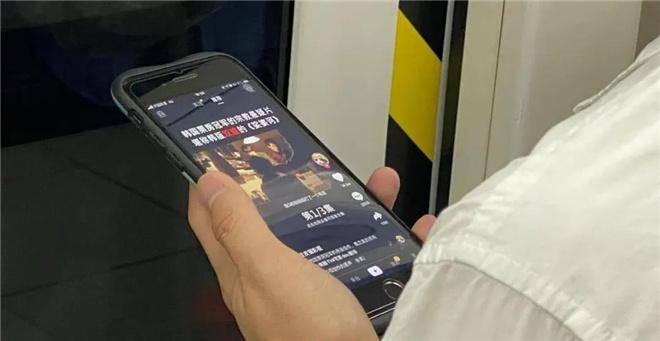 (Passengers on the subway are watching a short video)
(Passengers on the subway are watching a short video)
According to data from iiMedia Research, China’s short video market has reached 140.83 billion yuan in 2020. According to the statistics of the Kugo User Research Institute, users are becoming more and more dependent on the mobile Internet in 2019. The growth of user time in the short video industry contributed nearly 40% of the overall time increase, the fastest growth rate. IiMedia’s survey also showed that In 2020, 37.2% of users said they spend more and more time using Douyin every day , 37.1% and 38.9% of users said that the time spent on Douyin and Kuaishou was the same as usual. In June 2018, the “Survey Report on Internet Use and Network Security of Chinese Youths” pointed out that nearly half of teenagers can spend less than 2 hours on the Internet every day, and 24% of teenagers spend 2 to 4 hours on the Internet every day. In all entertainment activities, 20% of teenagers said they “almost always” watch short videos, and the proportion of teenagers who “watch a few times a day” is also close to 10% . This ratio of addiction has surpassed that of online games.
Elicit the topic within 4 seconds, reverse 2-3 times within 15 seconds, and the short video captures people’s attention in every way. We are attracted to this kind of content that has bursts in 5 seconds, but when we want to sit down and read a book, we find it a little difficult. Especially when I saw a long story, I read it for a while and my thoughts fluttered. I unconsciously clicked on the phone with my finger and swiped a short video. I didn’t wake up until I was studying for an hour or two. I originally wanted to read a book.
The young people who were born and grew up in the short video era may not even have the above-mentioned struggle, because “watching short videos in their free time” has become a natural thing in their minds.
In such an environment, it is indeed a bit embarrassing to watch the first part of “The Lord of the Rings” for three hours and focus on building a grand world view.
Sweet, cool, and brainless content is gradually becoming a must-have for people after get off work
And even those who grew up in the graphic era, even those who have had the habit of deep reading, seem to be gradually losing patience, one of the reasons is “life is too hard.”
Overloaded work continues to consume people’s minds, and people urgently need something that does not use their brains but can quickly obtain happiness to replenish themselves with “sugar” and energy, so milk tea desserts have become a must for everyone to work overtime. The content has become a must-have for everyone after get off work.
“I no longer watch American dramas and literary films, because I can’t spend more time in the handful of rest periods to feel the world for the characters in the drama.” A netizen said so. He is a person who loves watching movies, but after working, a lot of mental energy is constantly exhausted, and he gradually let go of this hobby.
There are also long “epics” like “Lord of the Rings” that have been gradually put down by people. We gradually have no patience to wait for the establishment of a grand worldview. The long videos (film and TV dramas) we want also need to be like short videos, refreshing and intensive, inverted frequently. So from “The Story of Yanxi Palace” and “Celebrating More Than Years” to this year’s “Zuo Son” and “The Top Floor”, more and more dramas and dog-blood dramas have exploded.
 (Poster of “Zui Son-in-law”)
(Poster of “Zui Son-in-law”)
And the creative team of these film and television dramas also has a deep insight into this need of urbanites. Kim Soon-ok, the screenwriter of “Top Floor”, known as the “Queen of Korean Drama Dog Blood”, said when he mentioned his creative purpose: “I just want to give some hope in life to those hopeless people who feel that they can’t live anymore today. .If I expect my TV series to be a kind of fun for them, this is the biggest meaning to me. In fact, after the launch of “Top Floor”, “Monday Sickness” also disappeared, and many people are looking forward to Monday’s arrival.”
Without patience, what crisis will we face next?
Entertainment is not a bad thing, but when the content of our entertainment is only part of the short videos and brainless dramas that pursue sensory stimulation, we are caught in a “shallow” state of excessive entertainment.
The first thing we will face is Attention crisis.
Robert Hassan, a professor in the Department of Culture and Communication at the University of Melbourne, Australia, explained this crisis by comparing paper book reading with electronic reading. He believes that the “reading brain” formed by paper book reading is characterized by stronger formation of synapses, and these synaptic connections constitute deep memory and long-term concentration capabilities. In contrast, the interface on a digital screen has the opposite effect. Reading mainly from the screen actually weakens the synaptic connections, making the brain underdeveloped in terms of memory and concentration.
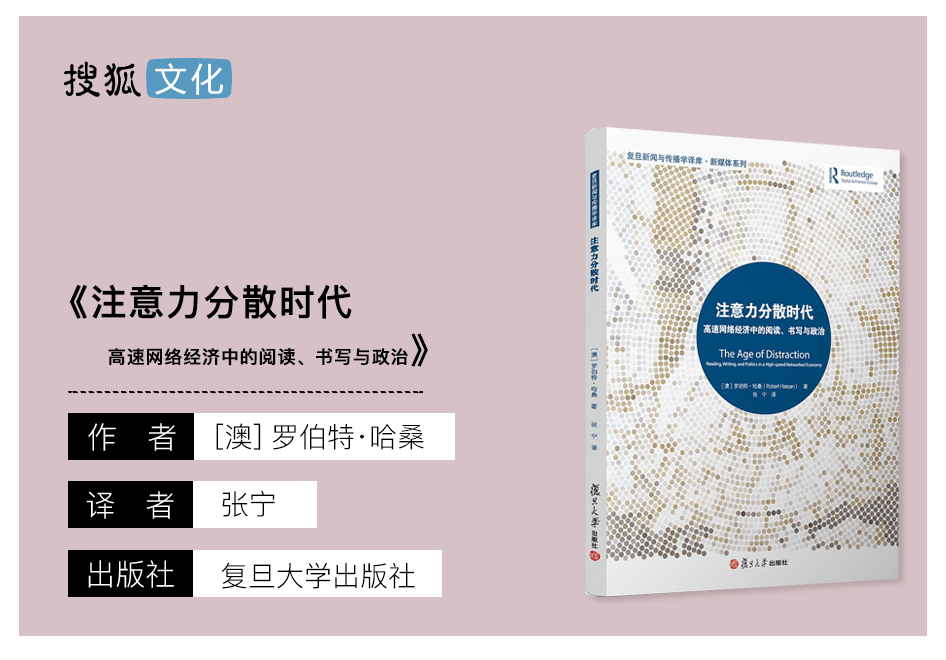
And this is just the author’s comparison and analysis of graphics and text. If you add short video elements that switch in 15 seconds on the electronic screen, people’s attention will only be more difficult to gather.
In the time when our attention is continuously distracted, we are gradually losing the ability to contemplate and reflect.
So we ushered in the second crisis: Thinking ability crisis.
The famous American science and technology writer Nicholas Carr summed up the state of our brains after being “poisoned” in one word: shallow.
He believes that the various irritating noises emitted by the Internet have caused the short-circuit of conscious thinking and the short-circuit of subconscious thinking, thus hindering us from deep thinking and creative thinking. Our brain has become a simple signal processor, constantly transforming information into consciousness rapidly. We are getting more and more comfortable with scanning and skimming, but what we are losing is the ability to concentrate, contemplate, and reflect.
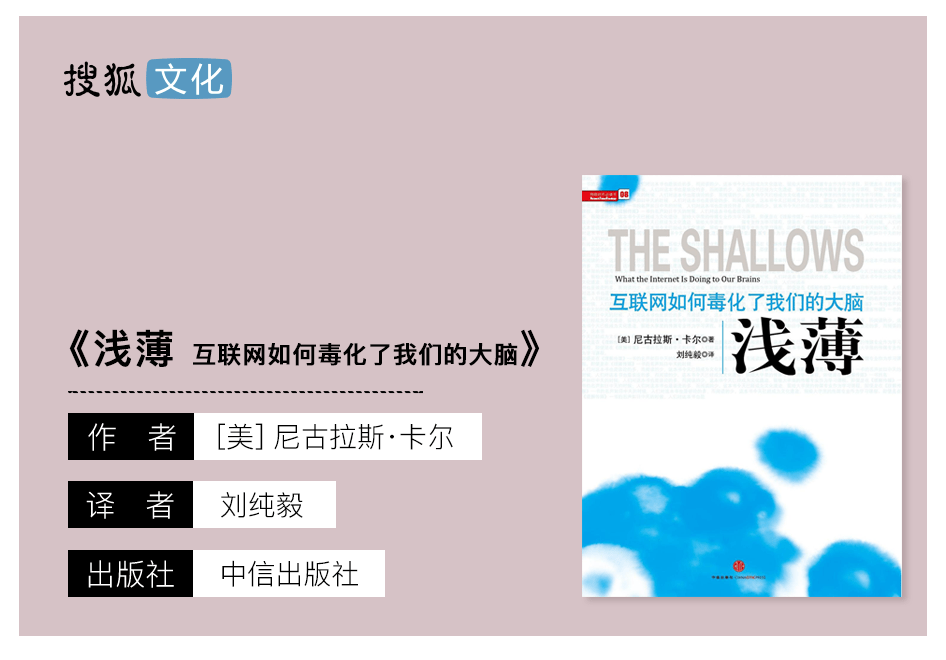
“Before, I took a diving respirator and moved slowly in the sea of words. Now, I am like a motorboat rider, whizzing past the water.”
We who have lost the ability to reflect are becoming more and more susceptible to outside influences. After seeing marketing articles that are constantly selling anxiety, and seeing the jealously showing off videos, we also become anxious and start to crave things that others are pursuing, but we may not need.
At the same time, the lack of reflective ability can also lead to the degradation of communication (Robert Hassan). Our communication on social media will degenerate into negative, vain remarks, or verbal abuse, partisanship, slander, and all other communication emotions that may lead to conflict. Because conflicts are the foundation of social media’s survival, and under their “guidance”, people vent their emotions.
Going back to content creation, once the audience loses patience and only likes to watch sensory stimulating content, it will in turn affect the content creator. After all, the capital for the survival of content is flow. At the end of the day, the audience’s situation changes from “only watching content without brain” to “only content without brain”, and we will fall into more anxiety, emptiness and conflict.
How can these crises be avoided?
Deep reading and thinking.
For reading, Robert Hassan went further and suggested reading paper books. He elaborated: “Experiments have shown that if a reader who reads text on the screen switches the screen to print, then synaptic connections, as well as their memory and concentration levels can be quickly improved.”
In-depth reading can make us no longer “whistle by the surface of the water”, but can take “diving respirators, and move slowly in the ocean of words.”
In-depth thinking during or after reading can maximally block us from the arrival of the “brainless” future.
Today happens to be “World Book Day”. I don’t know how many friends have opened books because of this holiday. It is beneficial to open the book. I hope that every day will be your study day.
Reference materials:
Carnival of 640 million users: short video user insight report-Kooge User Research Institute
“Lord of the Rings” “Disgusted” by this audience-Poison Eye
We holding mobile phones are experiencing a crisis of attention-Beijing News Book Review Weekly
Author | Crooked Tree

























































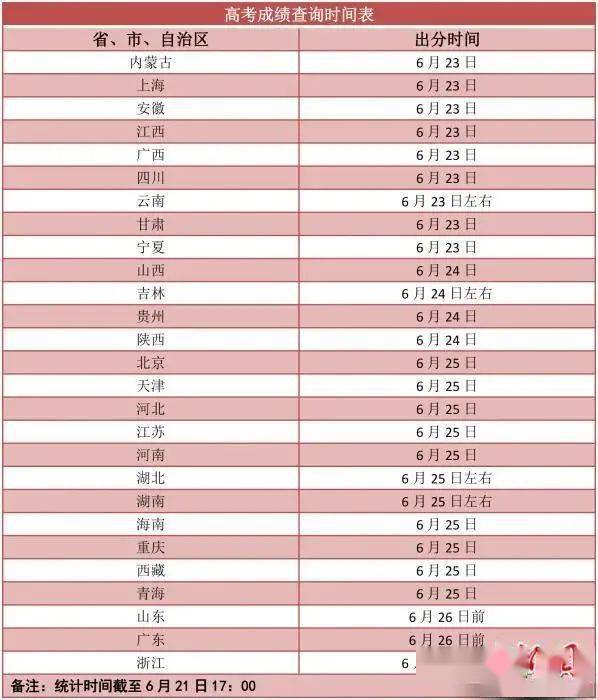



You must log in to post a comment.